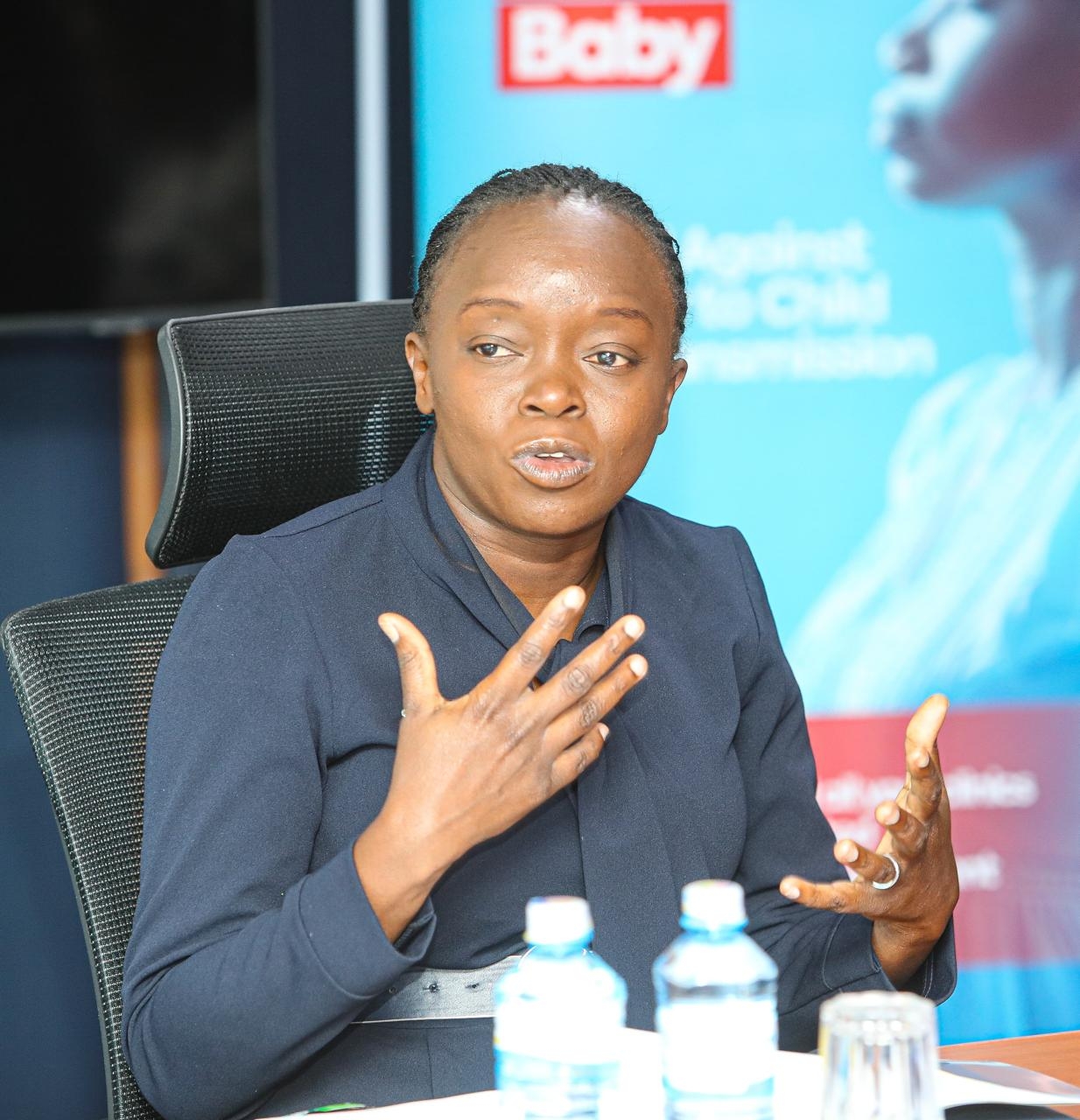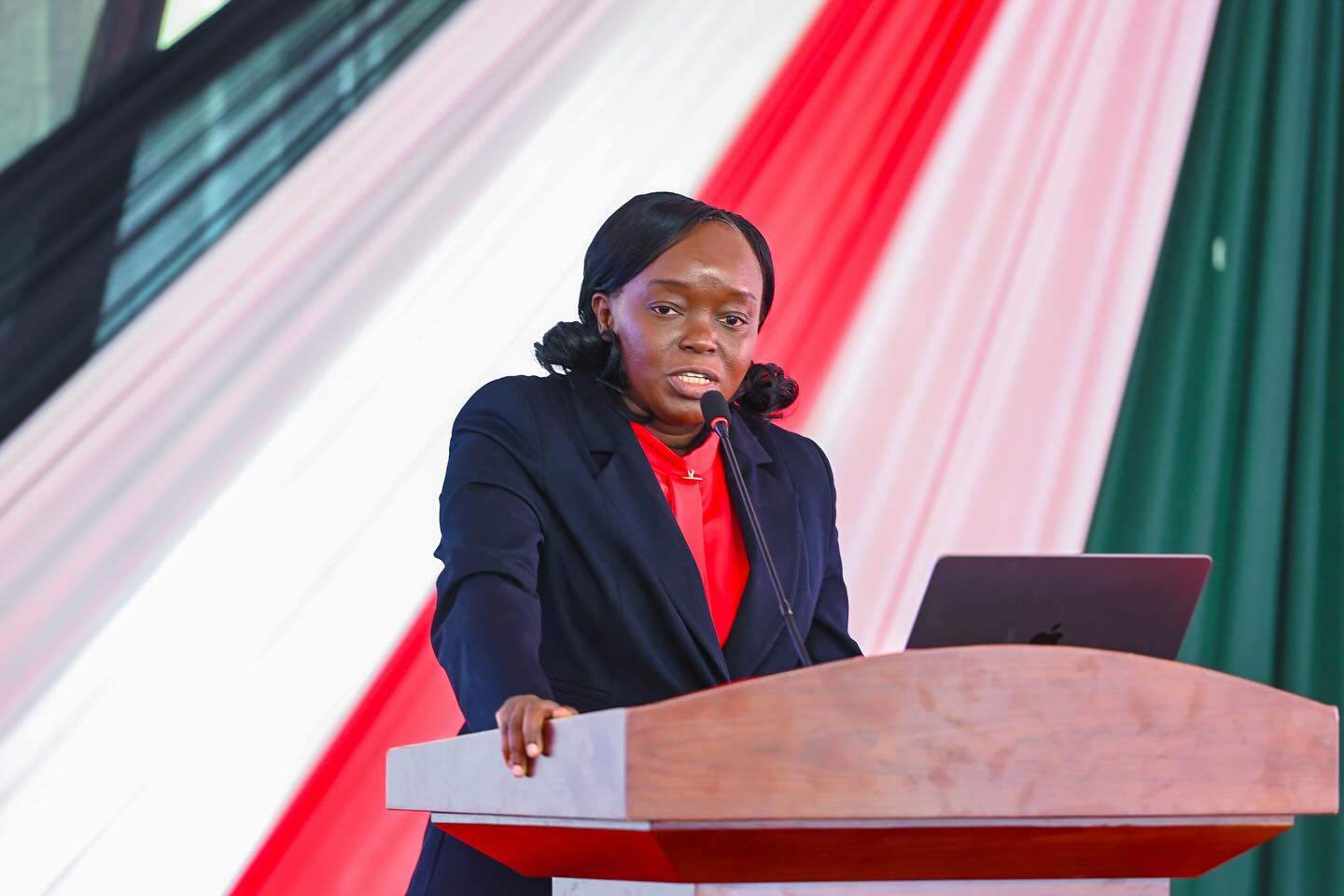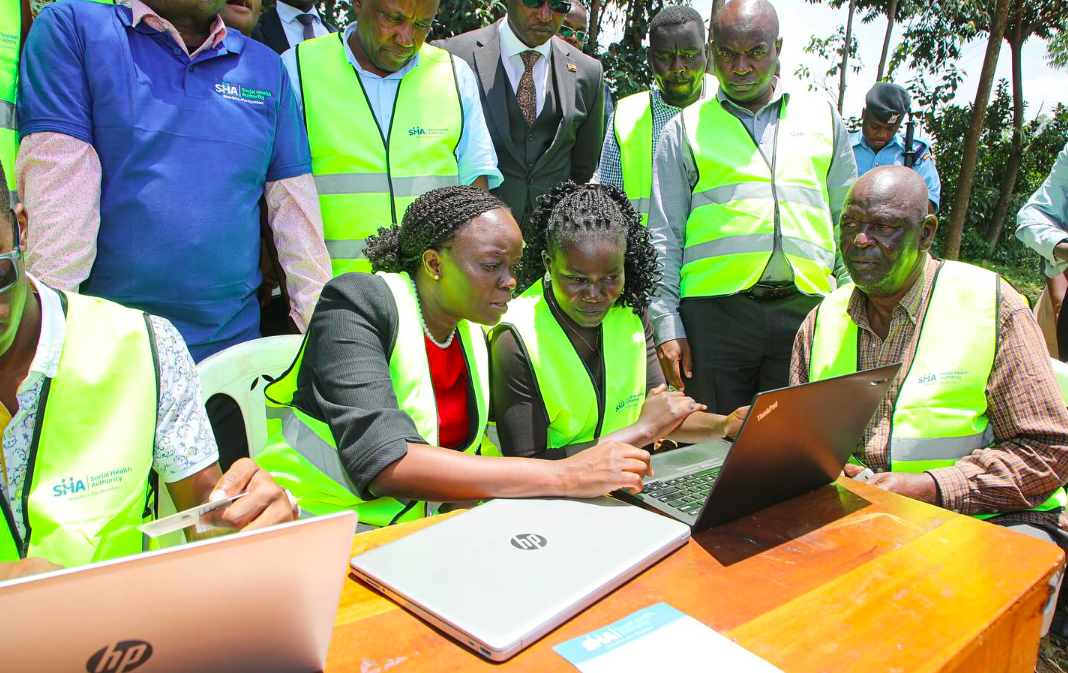
 CS Deborah Mlongo
speaks at the first health summit hosted by Deputy President
Kithure Kindiki in Nairobi on Monday.
CS Deborah Mlongo
speaks at the first health summit hosted by Deputy President
Kithure Kindiki in Nairobi on Monday.The Social Health Authority (SHA) has been granted access to Kenyans’ mobile money transactions, Kenya Power payments, and Kenya Revenue Authority records, among other databases, to catch those paying low premiums yet they can pay more.
The move targets self-employed Kenyans whose premiums are determined by the information they volunteer through the Means Testing Tool.
According to the Ministry of Health, many individuals have been misrepresenting their financial status by declaring themselves as landless or residing in mud houses to pay lower premiums.
Cabinet Secretary for Health, Dr Deborah Mlongo, said that linking SHA with multiple government databases will ensure fair contributions and increase the average monthly premiums paid by self-employed Kenyans to KSh880 – almost three times the Sh300 minimum promised during the 2022 election campaigns.
SHA has also been linked to the National Transport and Safety Authority (NTSA), and immigration department databases to catch cars and motorbike owners and frequent flyers who claim to be paupers.
SHA also has gained access to the Kenya Agricultural Management and Information System (KIAMIS), a digital farmer registration system that last year registered all Kenyan farmers and what they own.
“We have a new algorithm, which is under development, and it will rely more on data triangulation from other existing databases in government agencies for improvement of the accuracy of means testing,” CS Mlongo said in a presentation at the first health summit hosted by Deputy President Kithure Kindiki on Monday.
She said the SHA systems have further been linked to the Kenya National Bureau of Statistics (KNBS), Hustlers Fund, Insurance Regulatory Authority, Registrar of Companies, and Communications Authority for mobile phone data.
The means testing tool is an online form that self-employed and jobless SHA members fill out indicating what they own and do for a living. The tool then uses an algorithm to determine their annual income, out of which they pay 2.7 per cent.
The minimum one can pay every month is Sh300. Those deemed extremely poor (indigent) – currently about 1.5 million of them – pay nothing but can still access health services. Mlongo said currently, Kenyans in the informal sector (self-employed and jobless), pay an average Sh560 every month.
She said the new algorithm will raise the average monthly premiums for Kenyans in the informal sector to Sh880. “Previously, people would cheat the system, and this has had great impacts in terms of our average. Our average currently is at Sh560 and yet we need Sh880 average from the means testing for the [SHA] system to be sustainable,” she said.
Deputy President Kindiki instructed SHA to deploy the new algorithm by February 28.

He said the updated algorithm will make premiums predictable. Currently, Kenyans who genuinely consider themselves poor complain they get higher premiums than they can pay.
Kindiki
said currently, SHA has registered about 19.5 members but 1.5 million are
indigents whose premiums are paid for by the government.
Only 3.5 million are paying premiums.
These are
mostly Kenyans in formal employment because the law mandates employers to deduct
2.7 per cent of their salaries and remit it directly to SHA.
“The rest, 14.5 million, are only benefitting from primary healthcare services which are free to all registered SHA members in dispensaries and health centres,” Kindiki said.
“For them to access care in Level 4 facilities and above they need to pay. From March 1 we will roll out a huge national campaign to shoot up those numbers and make premiums predictable,” he said.
The increased premium raises the possibility that many Kenyans will continue to default on their premiums.
SHA offers
opportunity for Jua Kali and jobless Kenyans to appeal the higher premiums, but
appeals below Sh1,000 are typically not considered.
The defunct National Health Insurance Fund (NHIF) experienced massive defaults as 80 per cent of members expected to pay Sh500 every month were unable to pay consistently. For instance, in 2021/2022, while NHIF membership grew from 13.94 million to 15.4 million, only 6.7 million, mostly those employed, paid premiums.
Those in the informal sector used to pay voluntary contributions of Sh500 a month to the NHIF while those employed contributed between Sh150 and Sh1,700 every month, depending on the salary scale.
Consequently, NHIF failed to hit its Sh90.57 billion revenue target from premium collections that year.
The Kenya Kwanza regime lowered to Sh300 the lowest paying informal member when SHA was inaugurated last year. The idea was that most poor Kenyans would pay about Sh300 to SHA every month.
The KNBS places the national poverty headcount rate at 39.8 per cent, implying that more than 20 million Kenyans are unable to afford food and other basics.









